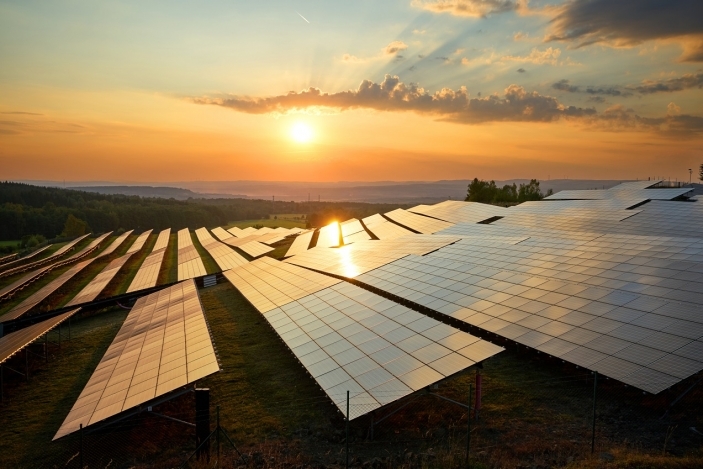The UK government should invest at least £30 billion in a green recovery from COVID-19, according to thinktank IPPR’s Environmental Justice Commission.
This should initially be invested into “shovel-ready” green projects in order to help generate jobs, it said in a new report. The commission suggested investing in the electric vehicle (EV) charging network as a beneficial area, alongside various energy efficiency measures, including a national programme of home insulation.
However, the commission also recommended that the government should consider setting a 2030 net zero target, something that the Labour Party flirted with in its manifesto for the 2019 General Election, having commissioned a report into how it would be achieved.
“At the very least”, the government should make its ambitions align with a 1.5°C pathway, the commission stated, continuing to suggest that creating a recovery package that focuses on this pathway alongside net zero would create hundreds of thousands of new jobs.
“This is the moment for big, bold action by the government to deliver on its promises to decarbonise the UK economy and restore nature,” Luke Murphy, head of the Environmental Justice Commission, said.
The commission is not the first to call for a green recovery from COVID-19, with the Committee on Climate Change also calling for low carbon and climate-resilient infrastructure to be at the heart of the government’s approach to rebuilding the UK after COVID-19.
In January, the New Economics Foundation recommended that the government invest 2-3% of GDP into green projects in the event of a recession, which it predicted had a 30-40% chance of occurring in the following months.
It suggested investing between £30 billion and £50 billion in green stimulus packages that would cover three years, as well as recommending – like the Environmental Justice Commission – that the government identify a pipeline of ‘shovel-ready’ zero carbon investments.
As the pandemic progresses, talk of a possible recession and the economic recovery in response to one is becoming more frequent. Power prices in particular are likely to see the negative effects of the economic downturn caused by COVID-19, with Aurora Energy Research finding that in a mild recession scenario they wouldn’t recover until 2022 and in a severe depression scenario they may not recover until 2025.
The pandemic has also sent investment in the power sector tumbling, according to the International Energy Agency, which this week predicted that power sector spending will fall by 10% in 2020.
The Environmental Justice Commission also recommended setting up a new Net Zero and Just Transition delivery body, as well as investing £5 billion in a national Just Transition fund.
“A new and green economy that is fit for the future is a real possibility if only we can grasp it quickly,” Laura Sandys, co-chair of the Environmental Justice Commission, said.
“At its heart will be promotion of citizens’ health and wellbeing, building strong and future facing businesses with secure jobs and vibrant communities”.





